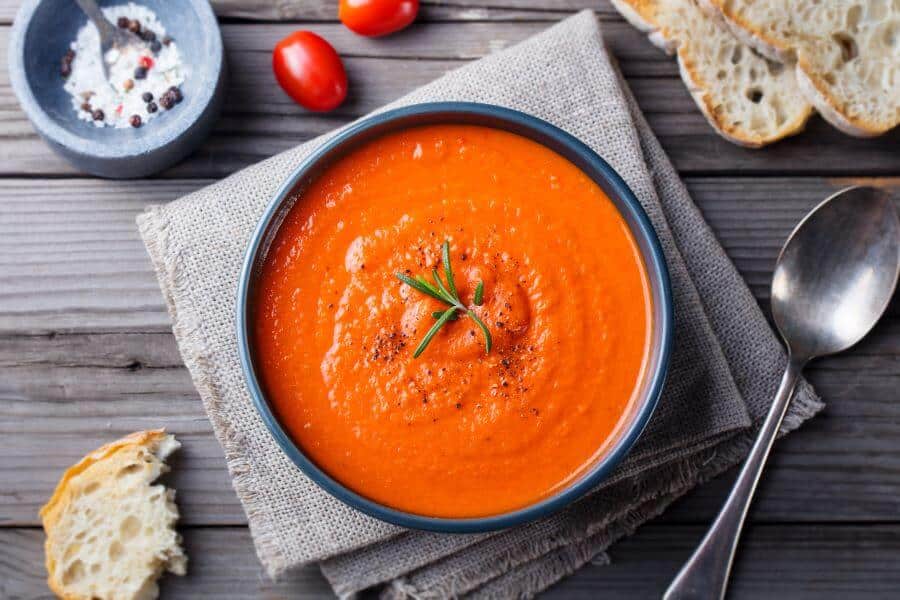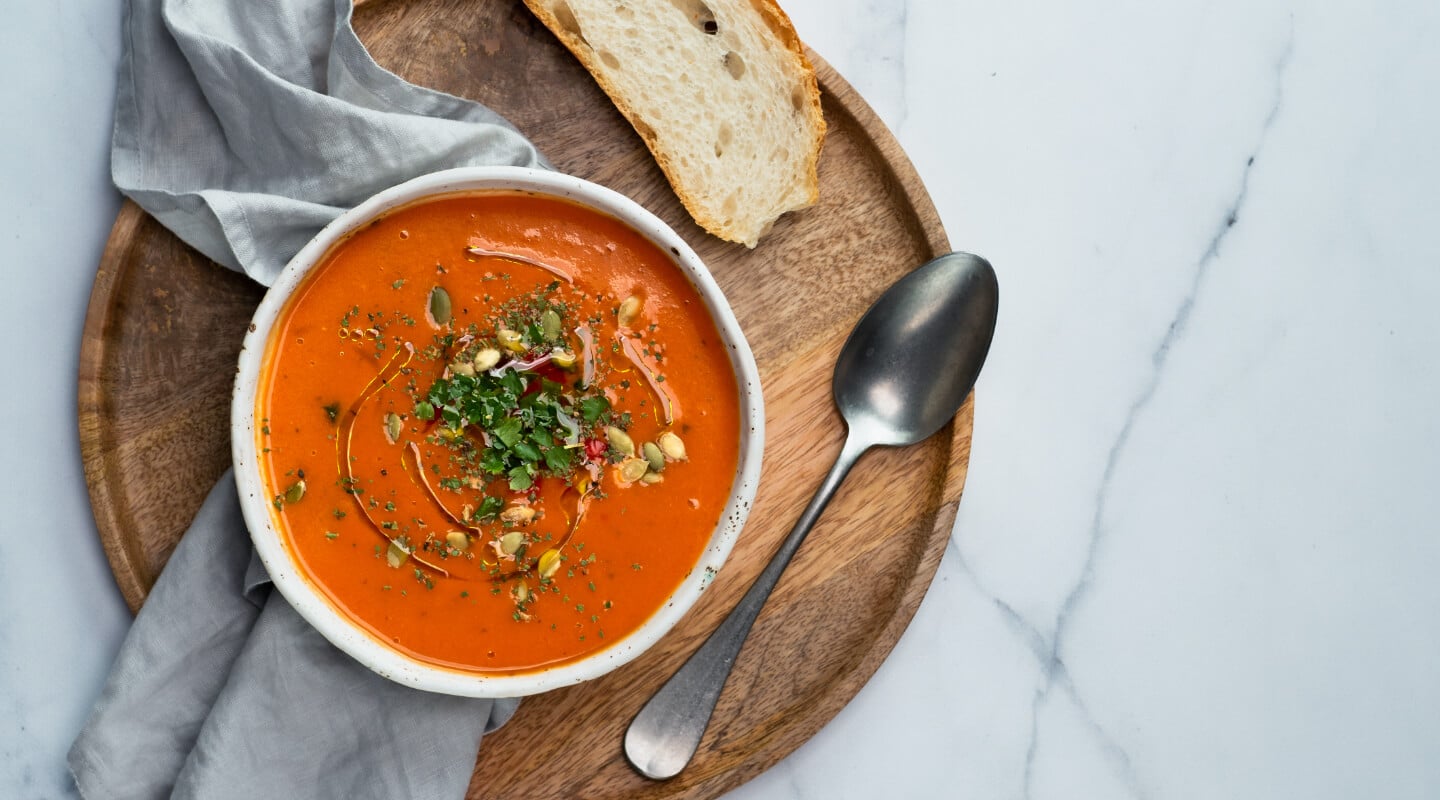At Caña Nature you will find products made with 100% natural ingredients, without additives, food preservatives or gluten.
Food preservatives are actually additives included in foodstuffs in order to extend their shelf life, so that they are suitable for consumption without any microorganism being able to damage them.
Despite their “good intentions”, food preservatives have negative aspects, even harmful to humans due to the reactions they can cause in the organism.
Types of food preservatives
Food preservatives can be distinguished between natural and chemical preservatives. Natural preservatives are those that protect the preservation of a food in a natural way, without the inclusion of chemical elements.
Chemical preservatives, on the other hand, are those that hinder micro-organisms or bacteria, which can cause intoxication and similar problems if a food is consumed with them, but they use non-natural compounds.
Within the latter, we can find the following classification:
- Microbial agents
- Antioxidants
- Chelating agents
What are the most dangerous food preservatives?
Some food preservatives are considered dangerous because of the consequences they can have on our bodies:
In the field of colourants, for example, preservatives E110, E104, E122, E129, E102 or 4R E124, can increase the likelihood of episodes of hyperactivity in children.
The preservative E320 or Butylated hydroxyaniso is considered potentially carcinogenic, as are nitrites and nitrates (E249-E252), which are transformed in the stomach into nitrosamines.
Hexamethylenetetramine (E239), used in fish and shellfish, can cause allergic reactions, similar to benzoic acid (E210) and benzoates (E211-219).
Stabilisers such as E407 have shown dangerous reactions in the gastrointestinal tract. Antioxidants such as E385 or EDTA may impede mineral absorption. Sweeteners such as aspartame (E951) or acesulfame-k (E950) have caused neurological reactions such as headaches.
List of the most commonly used food preservatives
Not all food preservatives are harmful. In fact, many foods have preservatives that we encounter quite frequently, such as the following:
- E-100: To restore or maintain the colour of a food.
- E-200: To prevent bacteria and germs from appearing.
- E-300: For its antioxidant properties.
- E-400, E-1200, E-1400: To keep food hydrated.
- E-420, E-900, E-620, E-635: To preserve flavour.
- Monosodium glutamate: To enhance flavour.
- Hydrogenated vegetable oils: To increase oil saturation.
Why should you opt for food without preservatives?
The ideal is to prioritise natural foods. Above all because in this way the original nutritional values of the product are maintained and, therefore, we consume higher quality food.
Obviously, if we opt for food without preservatives, we eliminate the risk of dangerous additives that can affect our health.
There is also a difference in taste between eating food with and without preservatives. Natural products have not been altered, so they retain their characteristic natural taste.
It is even a more sustainable food, as the use of preservatives and additives inevitably leads to more pollution of the environment, something we avoid if we choose natural foods.












